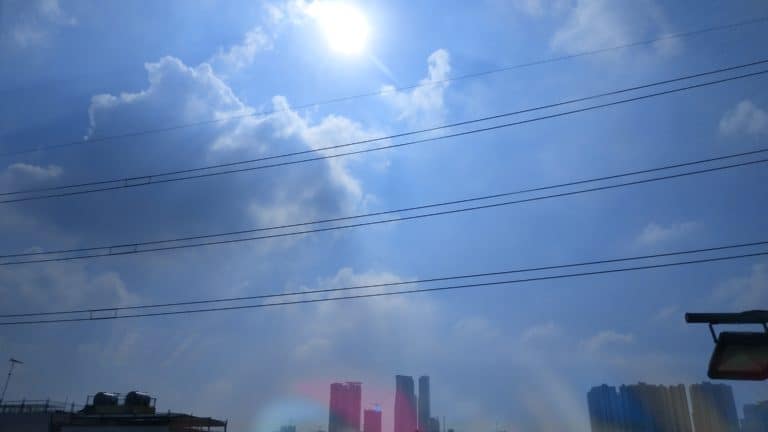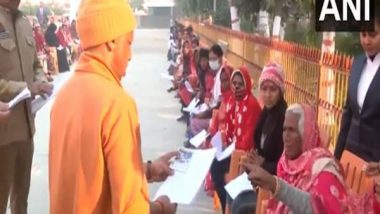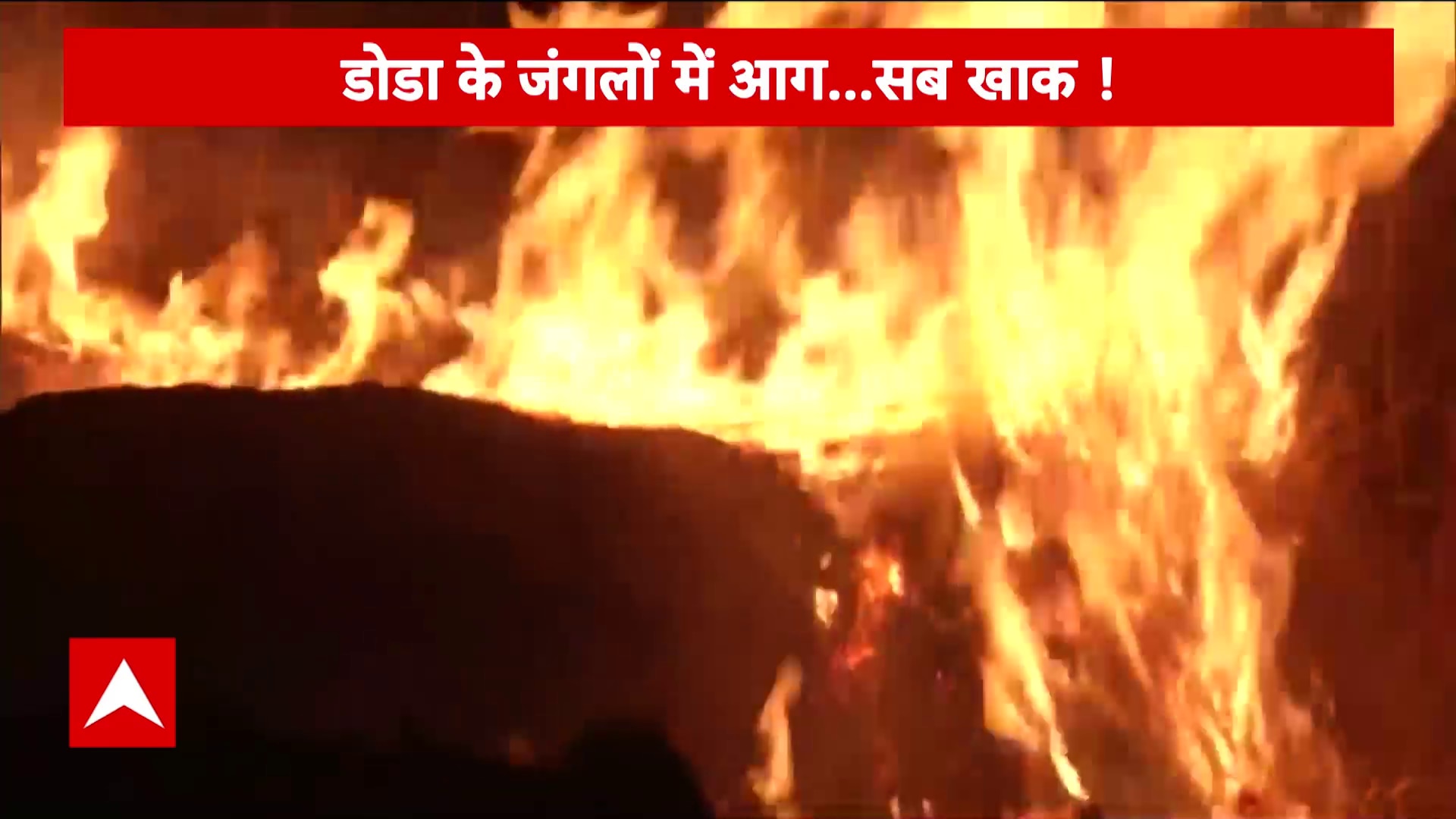
Speaker Woo Won-shik strikes the gavel following the approval of the impeachment motion against President Yoon Suk Yeol during the fourth plenary session of the National Assembly in Yeouido, Seoul, on Saturday. Korea Times photo by Choi Won-suk By KTimes National Assembly Speaker Woo Won-shik captured attention on Saturday as he announced the passage of President Yoon Suk Yeol’s impeachment motion while wearing a lime-green tie. Holding the ballot results, Woo paused briefly before declaring, "I will now deliver the results," confirming the motion’s approval.
Woo wore the lime-green tie alongside his National Assembly badge. He previously donned the same tie during a vote on Dec. 4 to demand the revocation of martial law.

The tie is a keepsake from the late Kim Geun-tae, a former Democratic United Party (predecessor to the Democratic Party of Korea, or DPK) executive adviser and iconic figure in Korea’s democratization movement. Woo considers Kim a political mentor. On Dec.
4, after martial law was lifted, Woo shared on social media, "I wore the lime-green tie, a memento of Kim Geun-tae, for the first time in a while. I always wear it when making significant decisions, silently asking him, 'Please guide me, give me courage.'" Woo also wore the tie in September 2017 during the confirmation vote for Supreme Court Chief Justice nominee Kim Myeong-su.
Some analysts suggest Woo deliberately avoided wearing colors associated with specific political parties to maintain neutrality as Speaker. Speaker Woo Won-shik climbs over a wall to enter the National Assembly following the declaration of martial law on the night of Dec. 3.
Captured from Woo Won-shik’s Facebook account Top trust rating amid crisis Woo has been lauded for his steady leadership during the martial law and impeachment crises, strictly adhering to legal procedures. In a Gallup Korea survey conducted from Dec. 10 to Dec.
12 with 1,002 adults nationwide, Woo emerged as the most trusted political figure, with 56 percent of respondents expressing confidence in him. Only 26 percent said they did not trust him, making Woo the only political leader whose trust rating exceeded distrust. Following Woo in the rankings were DPK leader Lee Jae-myung (trust: 41 percent, distrust: 51 percent), Prime Minister Han Duck-soo (trust: 21 percent, distrust: 68 percent) and People Power Party leader Han Dong-hoon (trust: 15 percent, distrust: 77 percent).
This article from the Hankook Ilbo, the sister publication of The Korea Times, is translated by a generative AI system and edited by The Korea Times..











